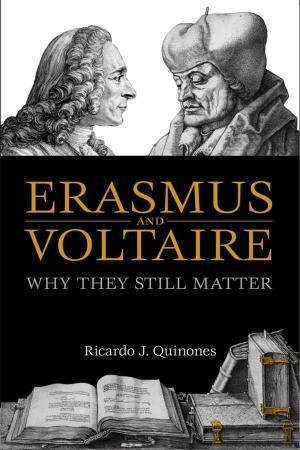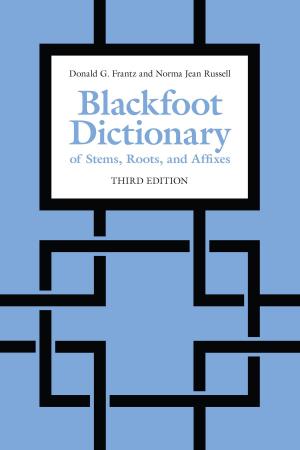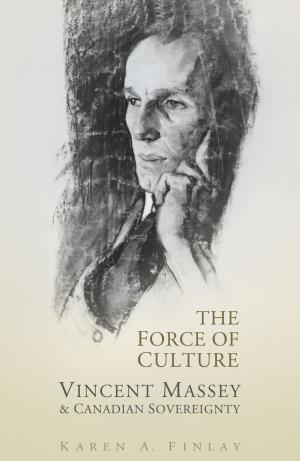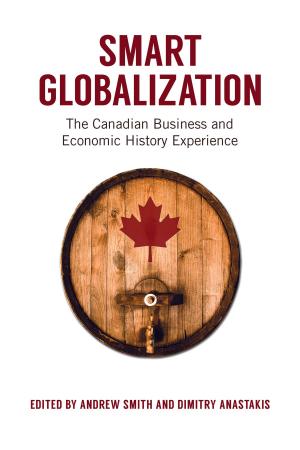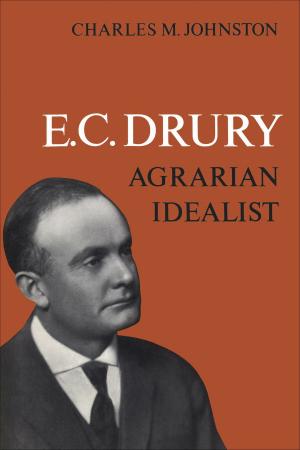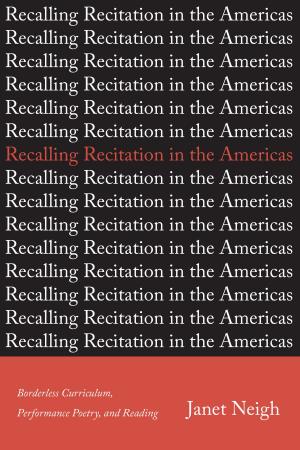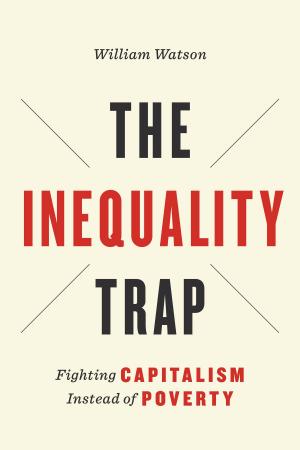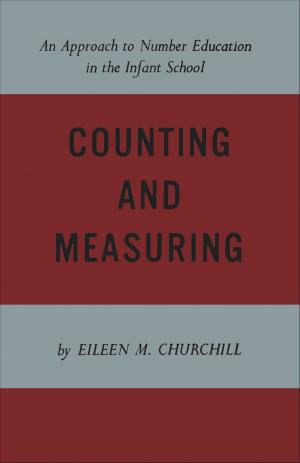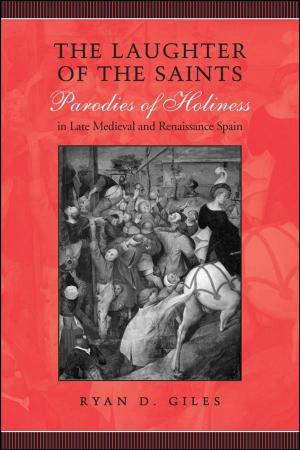Religion in the Public Sphere
Canadian Case Studies
Nonfiction, Reference & Language, Law, Social & Cultural Studies, Social Science, Sociology, Religion & Spirituality| Author: | ISBN: | 9781442617360 | |
| Publisher: | University of Toronto Press, Scholarly Publishing Division | Publication: | March 21, 2014 |
| Imprint: | Language: | English |
| Author: | |
| ISBN: | 9781442617360 |
| Publisher: | University of Toronto Press, Scholarly Publishing Division |
| Publication: | March 21, 2014 |
| Imprint: | |
| Language: | English |
The place of religion in the public realm is the subject of frequent and lively debate in the media, among academics and policymakers, and within communities. With this edited collection, Solange Lefebvre and Lori G. Beaman bring together a series of case studies of religious groups and practices from all across Canada that re-examine and question the classic distinction between the public and private spheres.
Religion in the Public Sphere explores the public image of religious groups, legal issues relating to “reasonable accommodations,” and the role of religion in public services and institutions like health care and education. Offering a wide range of contributions from religious studies, political science, theology, and law, Religion in the Public Sphere presents emerging new models to explain contemporary relations between religion, civil society, the private sector, family, and the state.
The place of religion in the public realm is the subject of frequent and lively debate in the media, among academics and policymakers, and within communities. With this edited collection, Solange Lefebvre and Lori G. Beaman bring together a series of case studies of religious groups and practices from all across Canada that re-examine and question the classic distinction between the public and private spheres.
Religion in the Public Sphere explores the public image of religious groups, legal issues relating to “reasonable accommodations,” and the role of religion in public services and institutions like health care and education. Offering a wide range of contributions from religious studies, political science, theology, and law, Religion in the Public Sphere presents emerging new models to explain contemporary relations between religion, civil society, the private sector, family, and the state.

